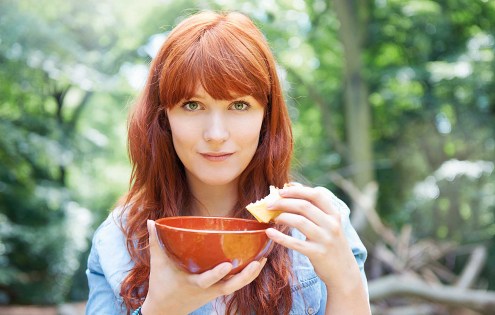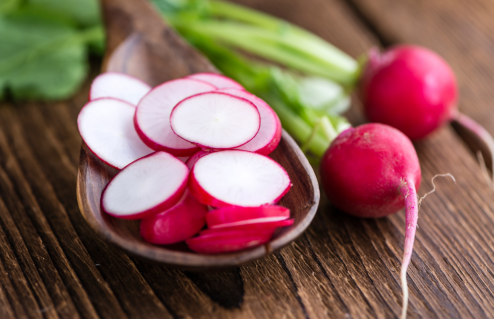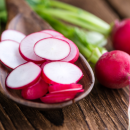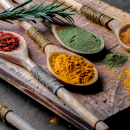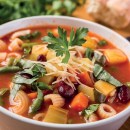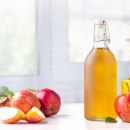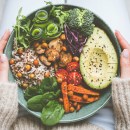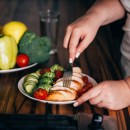Best foods for IBS
Struggling with IBS? Discover which foods you should be eating to ease your symptoms...
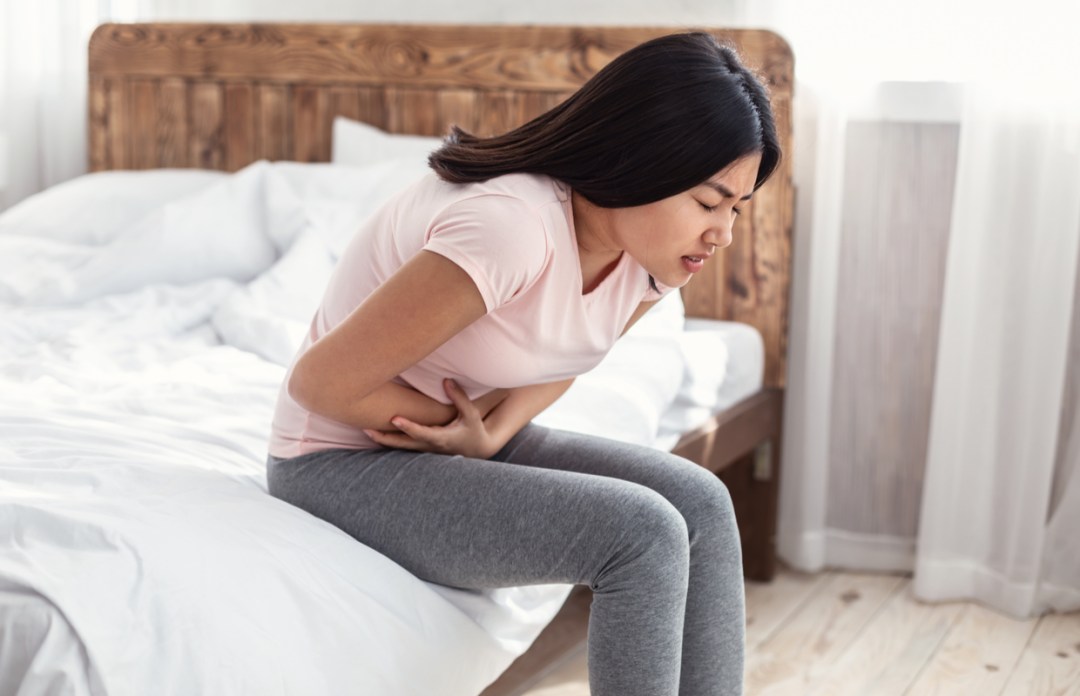
Up to a quarter of UK women suffer from irritable bowel syndrome, but this eating plan that could offer a lasting solution. The experts are here to reveal the best foods for IBS relief…
As we emerge from winter, many of us like to fill up on immune-boosting veg, such as garlic and onions, to ward off seasonal colds and flu. However, for people with irritable bowel syndrome (IBS), simple carbs from foods such as these don’t always sit well in their stomachs.
This has led to increasing research into the way some foods, usually fruit, veg and dairy, cause individual reactions, and from that, the FODMAP diet has emerged. It stands for fermentable oligosaccharides, disaccharides, monosaccharides and polyols, which are all types of carbohydrate.
Many people with IBS are affected by these types of carbohydrates, which cause wind, abdominal pain and upset bowels. The good news is symptoms can be significantly relieved through following a low-FODMAP diet.
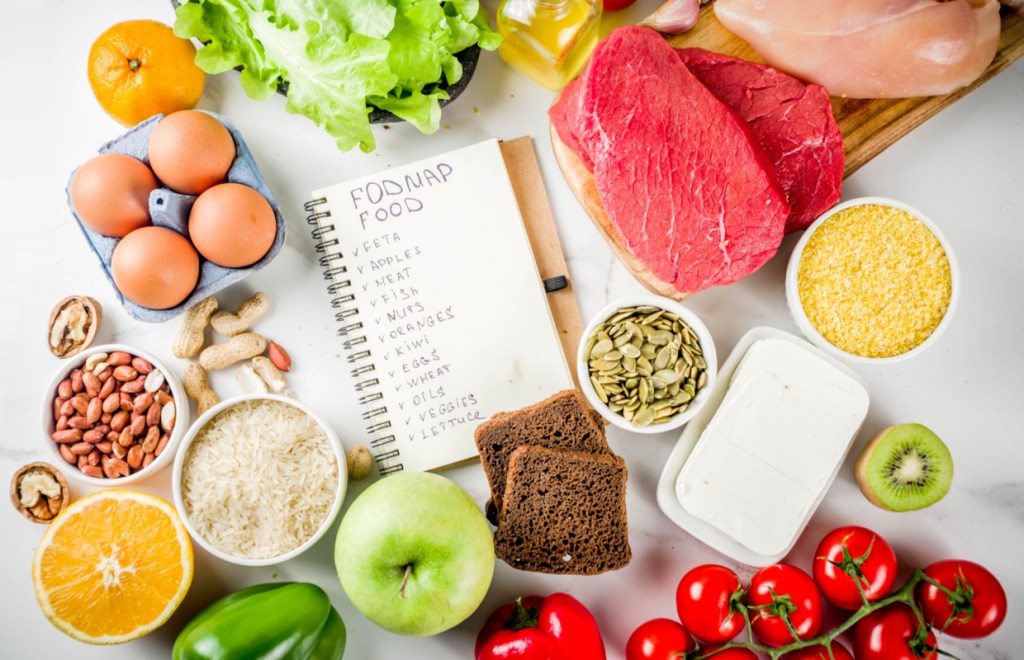
What is the low-FODMAP diet?
In essence, the plan involves cutting out all high-FODMAP foods for an initial few weeks, then reintroducing them one or two at a time, week by week, to see which ones you have a sensitivity to.
‘FODMAPs are poorly absorbed in your small intestine and tend to be fermented rapidly by the bacteria that live in your large intestine, causing gas,’ says Lee Martin, research dietician at the School of Medicine, King’s College London.
‘They also pull fluid into the gut, so in combination with the gas, your intestines distend, causing discomfort, pain and wind.’ The list of foods containing FODMAPs is large, so it’s easy to feel overwhelmed, especially as it includes all the elements of what’s usually considered a healthy diet: fruits, vegetables, whole grains, pulses and dairy produce.
What are FODMAPS?
FODMAP means: fermentable oligosaccharides, disaccharides, monosaccharides and polyols. These are all types of carbs, including simple sugars, that are found in a surprisingly wide variety of everyday foods.
Oligosaccharides consist of chains of fructose molecules. These are found in lots of veg, including artichoke, asparagus, leeks, garlic and onions. Wheat and rye also contain them. Disaccharides are in lactose, aka milk sugar, found in dairy products like milk and yoghurt.
Monosaccharides include fructose, also known as fruit sugar, as well as fruit can be found in honey and agave syrup, plus glucose-fructose (also known as high-fructose corn syrup), often added to juice drinks and desserts. Polyols, or sugar alcohols, include sweeteners, such as mannitol and sorbitol, found in diet drinks, sugar-free sweets and chewing gum.
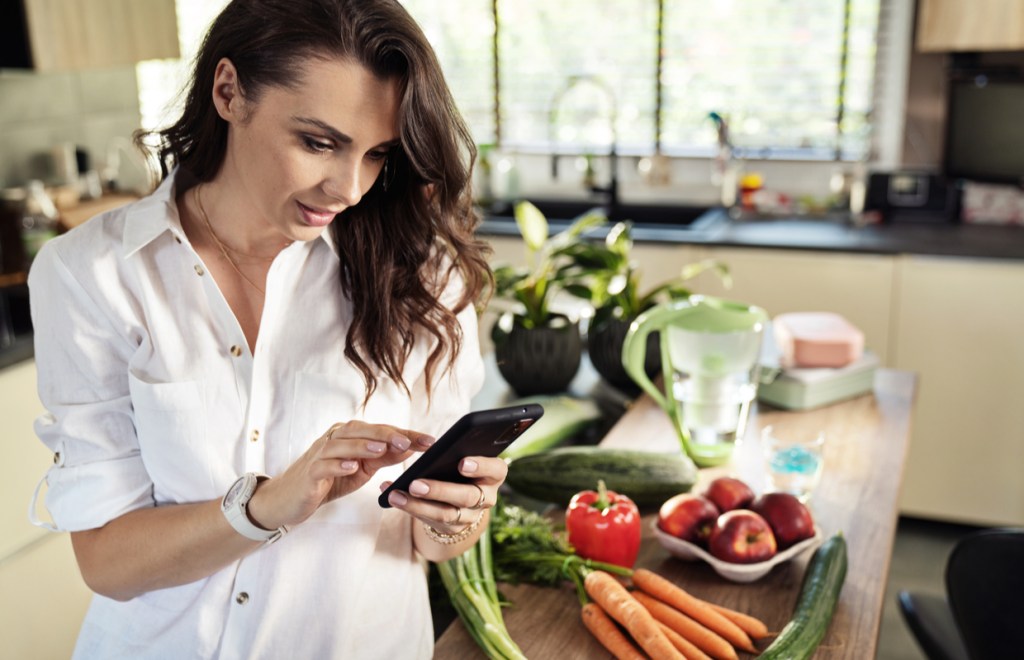
Low-FODMAP diet: finding the best foods for your IBS symptoms
Stage one of the diet requires the elimination of all high-FODMAP foods, usually for around 2-6 weeks. If your symptoms don’t ease within six weeks of cutting out FODMAP foods, consult your GP to see whether there’s another underlying problem.
‘Most people notice an improvement within the first two weeks,’ says Lee. Once a marked improvement is seen in your symptoms, you can then reintroduce high-FODMAP foods in a systematic way, noticing how your body reacts.
Do all high-FODMAP foods trigger IBS?
It’s common to find that while certain high-FODMAP foods are problematic, others cause no symptoms at all. It may even be possible that only one or two are triggers for you. For example, one person with IBS could be fine with wheat but unable to stomach onions, and another might be fine with a range of veg, but react badly to gluten.
‘The aim of the low-FODMAP diet is to allow people with IBS to eat the best variety of foods as possible, including high-FODMAP foods they’re not sensitive to, but without eating too many foods that trigger symptoms,’ says Lee.
‘It’s unfortunate that many people cut out foods they can actually eat, all because they don’t know which ones are triggers and because they haven’t sought the correct advice.’

6 tips to relieve IBS symptoms
The Viva Mayr clinics in Austria have been treating people with FODMAP issues for decades. One of the tests they use is a hydrogen breath test to see whether sugars such as lactose, fructose and sorbitol are digested properly. You can get similar tests in the UK – see ibsclinics.co.uk.
Dr Sepp Fegerl, a Viva Mayr medical director, offers the following tips if you suffer from bloating and difficult digestion. Try them for three weeks and see how your body feels…
- – Food should be freshly cooked from scratch so you know exactly what you’re eating. Avoid ready meals, and processed foods, which often have high-FODMAP foods hidden in them.
- – Raw food can be hard to digest, so boil or steam vegetables.
- – Eat a wide variety of low-FODMAP foods, and make your evening meal small and light to test your reaction.
- – Cut fruit for at least three weeks to reduce gas when sugar ferments.
- – Use quality cold-pressed vegetable oils, such as linseed and hemp seed, to drizzle over vegetables or into soup. ‘These have an anti-inflammatory effect on the gut,’ explains Dr Fegerl.
- – Crucially, rather than going online for info, which can be contradictory and confusing, consult a dietician to tailor a diet specifically to you and your symptoms, helping you eliminate only what you need to, so you can enjoy a wide and varied diet for life.
Best foods for IBS: low FODMAP swaps
If you’re struggling with IBS, try swapping high-FODMAP foods for low-FODMAP alternatives. Some of the best foods for IBS include…

Best vegetables for IBS:
AVOID: Asparagus, artichokes, onions, leeks, garlic, peas, legumes, pulses, beetroot, celery, sweetcorn.
EAT: Alfalfa, bean sprouts, green beans, bok choy, peppers, carrots, cucumber, lettuce, tomato.
Best fruits for IBS:
AVOID: Apples, pears, mango, watermelon, nectarines, peaches, plums, all dried fruits.
EAT: Banana, orange, mandarin, grapes, melon (other than watermelon).
Which dairy foods to eat with IBS:
AVOID: Cows milk, yoghurt, soft cheese, cream, custard, ice cream.
EAT: Lactose-free milk, lactose-free yoghurts, hard cheese.
Best protein sources for IBS:
AVOID: Legumes, pulses.
EAT: Meats, fish, chicken, tofu, tempeh.
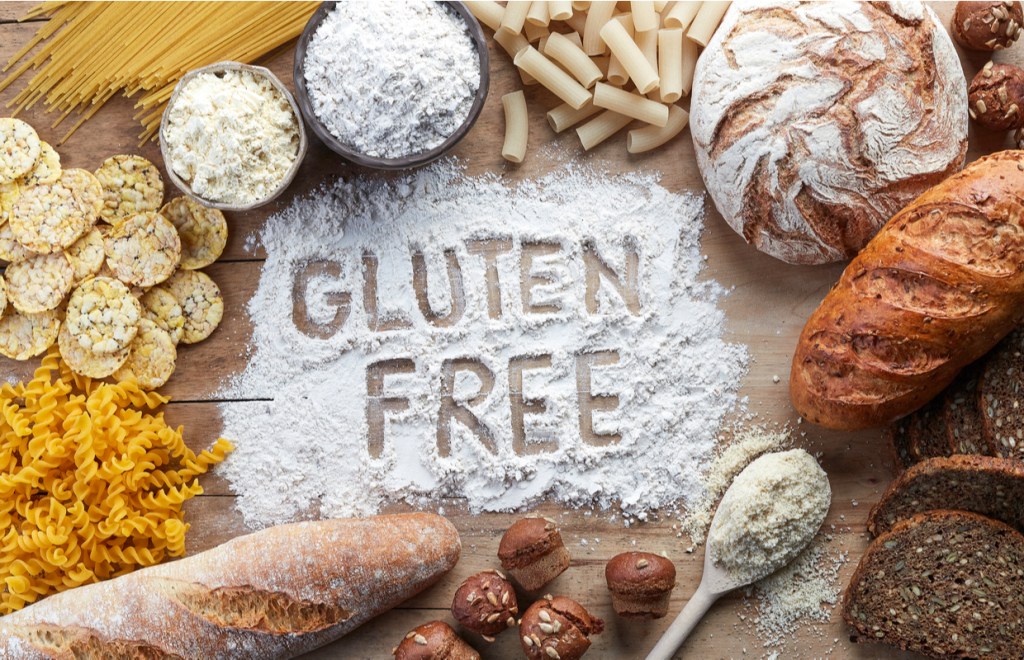
Can I eat breads, cereals and biscuits with IBS?
AVOID: Rye and wheat (including any bread, cereal, crackers, biscuits and pasta containing them).
EAT: Gluten-free bread, pasta, biscuits, oats, rice, quinoa, rice cakes.
Which nuts and seeds can I eat with IBS?
AVOID: Cashews, pistachios.
EAT: Almonds (no more than 10 at a time), pumpkin seeds.

Do I have IBS?
Struggling to work out whether you have IBS, or just a bit of a dodgy gut? Sam Rice, author of The Midlife Kitchen shares her advice…
What is IBS?
IBS is a condition that affects almost twice as many women as men for reasons largely unknown, although it’s thought that the changing hormones in the menstrual cycle may have something to do with it. The word syndrome is used to describe a group of symptoms that might not always have a definite cause or cure.
In some, IBS improves after menopause when hormonal fluctuations reduce, but a recent study reported that more than a third of menopausal women complain of IBS-type symptoms, such as bloating.
What are the symptoms of IBS?
IBS is characterised by abdominal pain and cramping, which may be relieved by moving your bowels, a change in bowel habits (such as diarrhoea, constipation or both) as well as gas/bloating.
Diagnosing IBS
If you suspect you may have IBS, it’s important to figure out which foods, if any, are triggers and also rule out any other medical possibilities that have similar symptoms (for example, coeliac disease or inflammatory bowel disease). Check in with your GP who will be able to refer you to a professional.
Which foods and drinks commonly trigger IBS?
Alcohol is also thought to exacerbate IBS. Indeed, if you experience any gut pain, bloating or diarrhoea after a few glasses of wine this could well be a trigger for you. Reducing your alcohol consumption would be advisable.

Can stress trigger IBS?
It’s not just what we eat – stress also plays a role in triggering IBS. We can be quick to blame gut issues on something we’ve eaten and incorrectly self-diagnose food intolerances. It’s important to realise that stress plays a big role in our gut health. If we are really stressed out, then potentially any food can trigger gut issues.
The best fibre-rich foods for IBS
One thing we can all do to improve our overall gut health is to include plenty of fibre in our diet. Fibre is found in plant-based food, such as whole grains, nuts, seeds, vegetables and fruit. Prebiotics are a type of fibre that we cannot digest, but our gut bacteria can, and as such are particularly beneficial.
Words: Jane Alexander and Sam Rice | Images: Shutterstock

